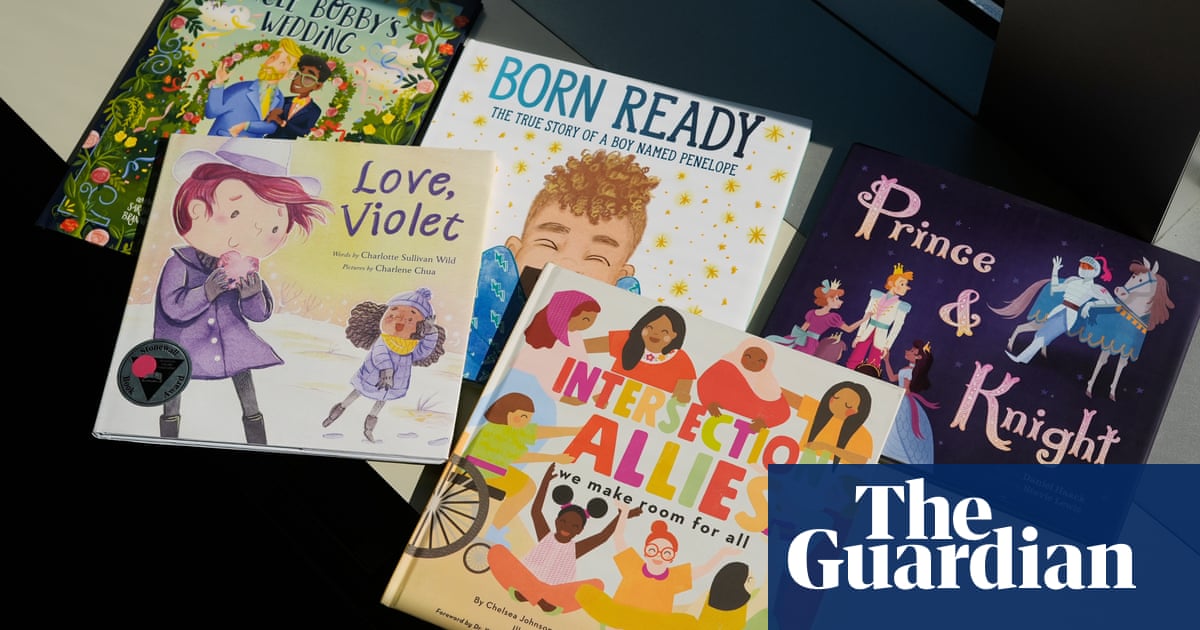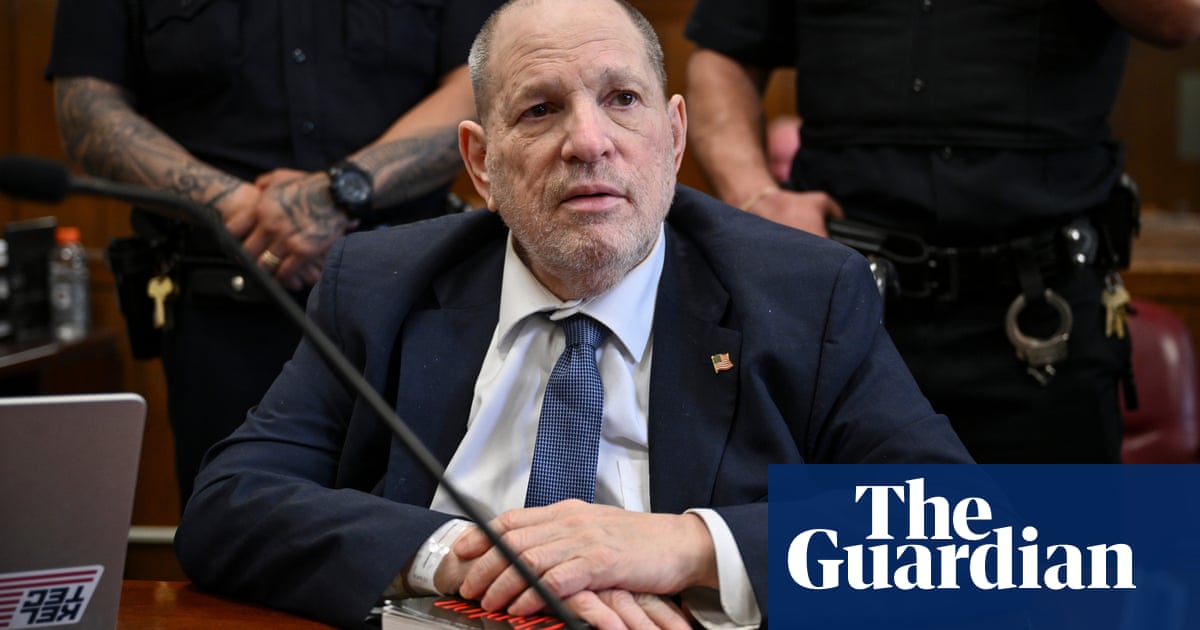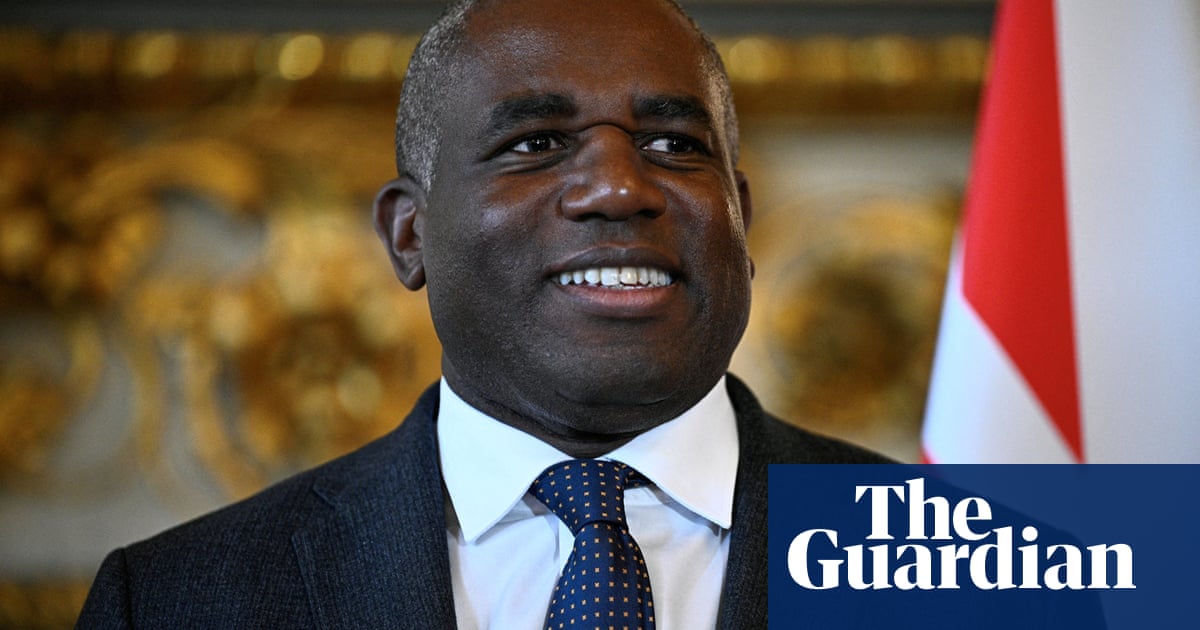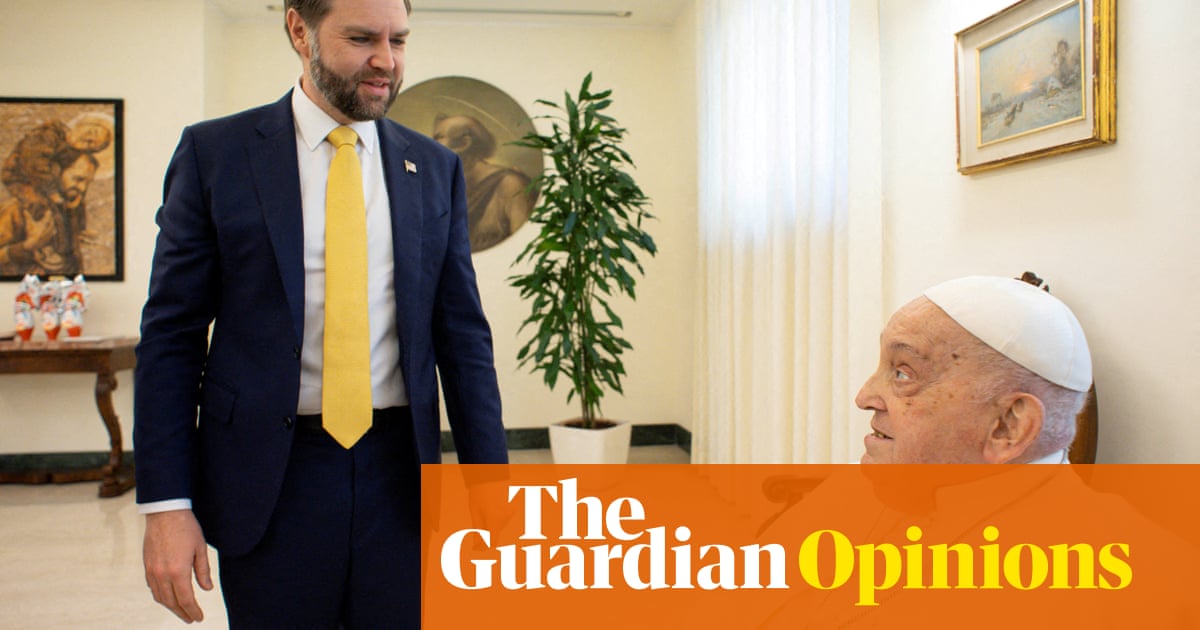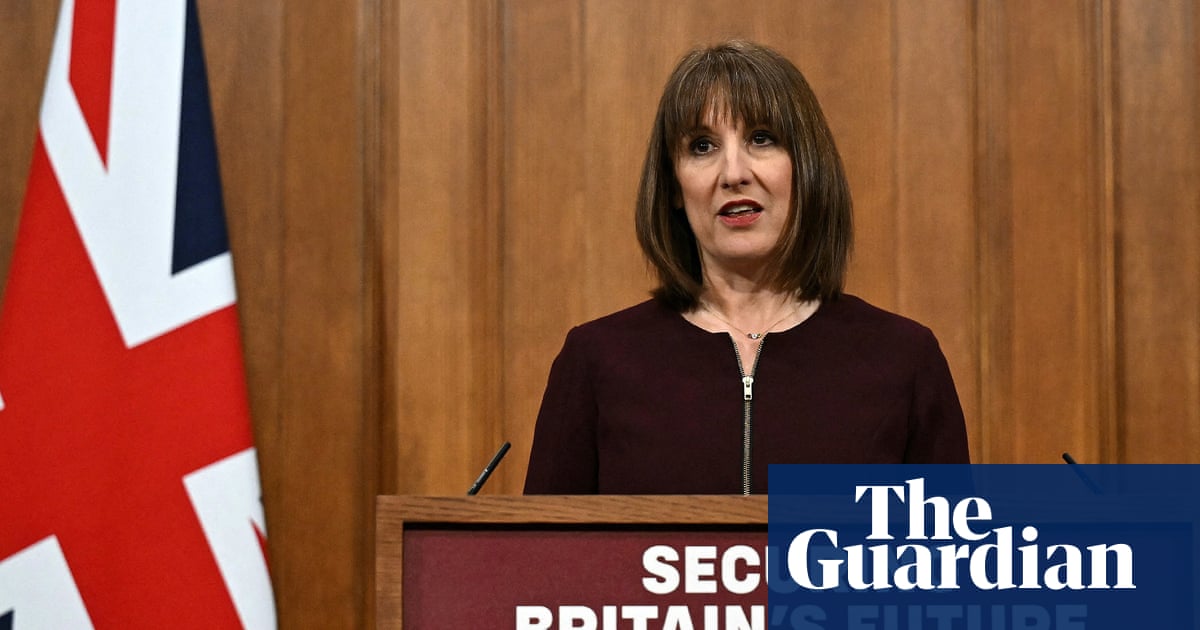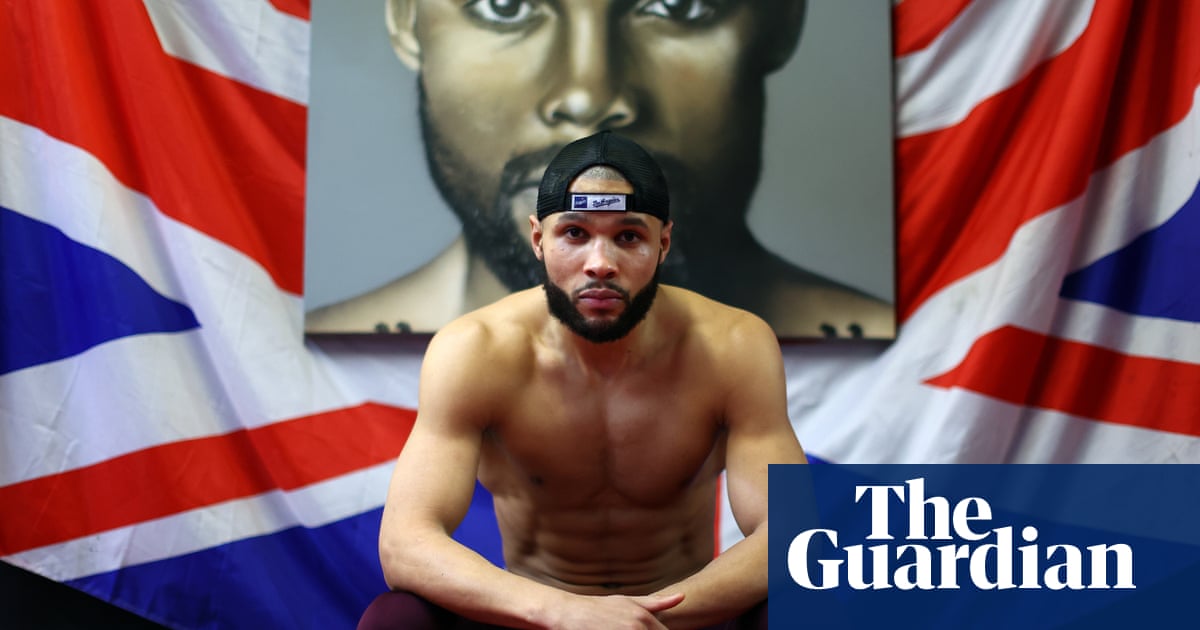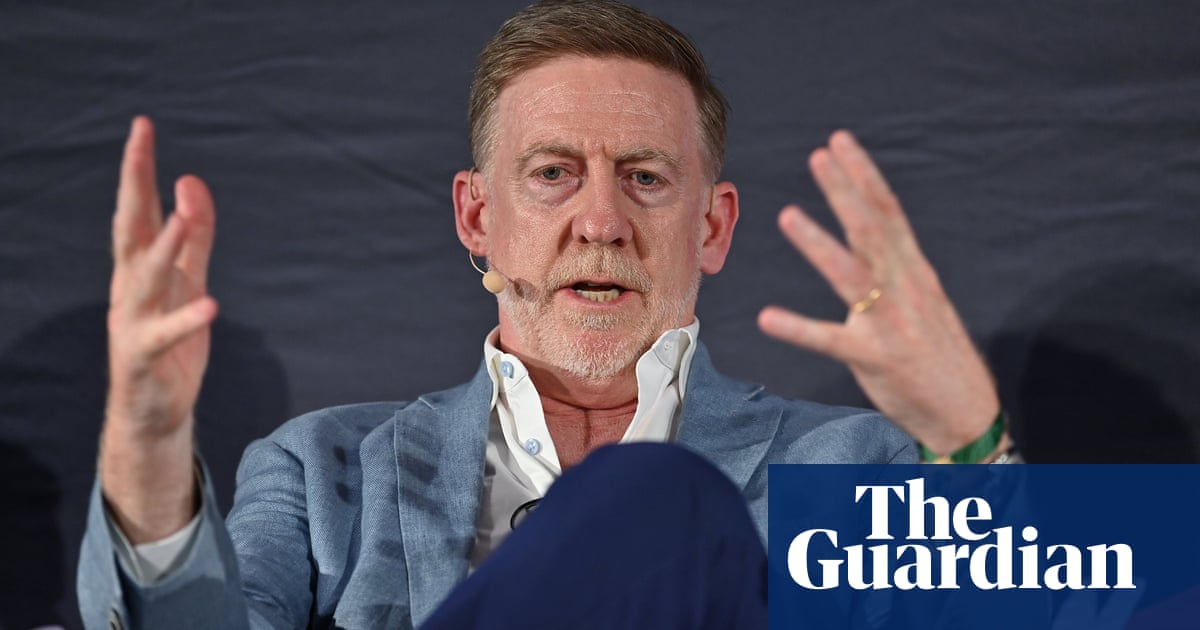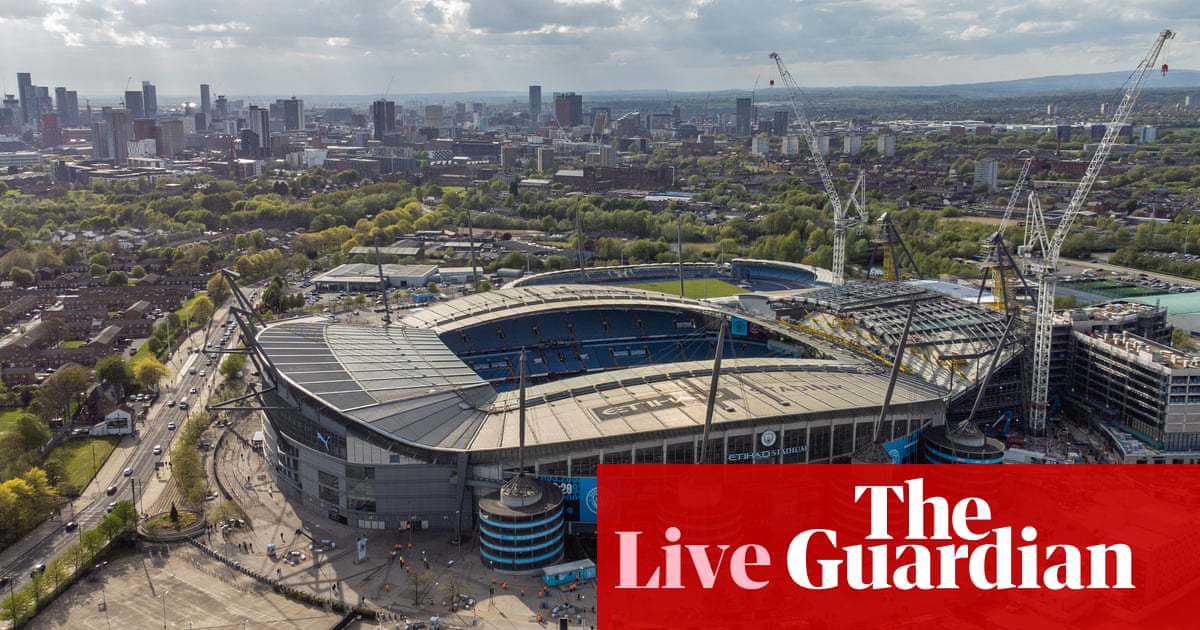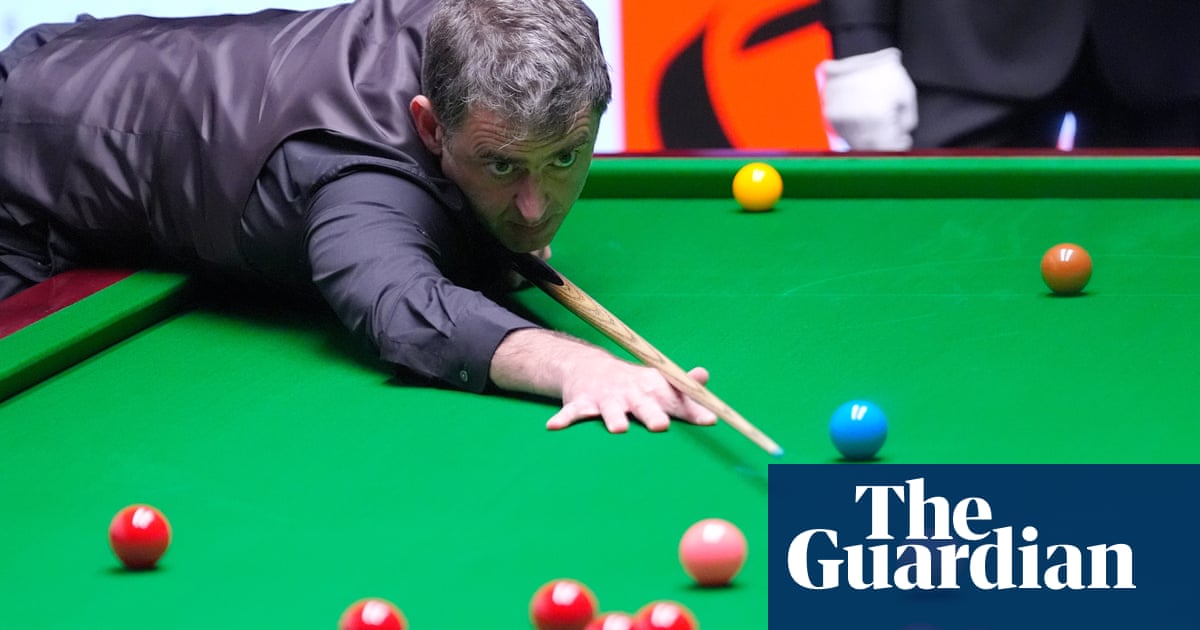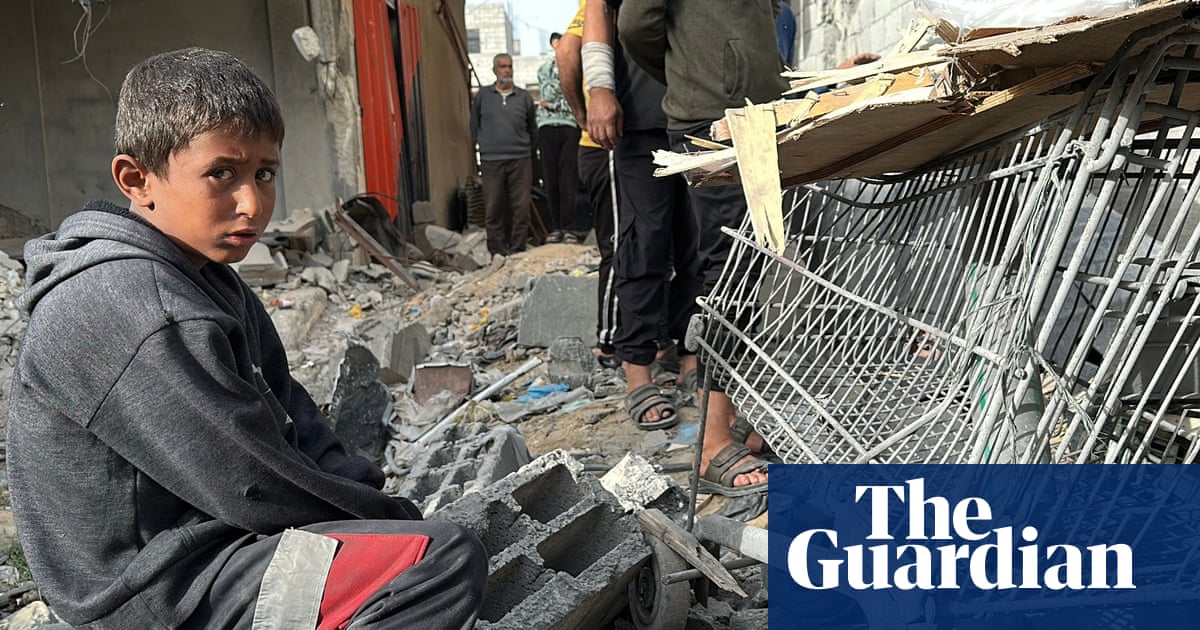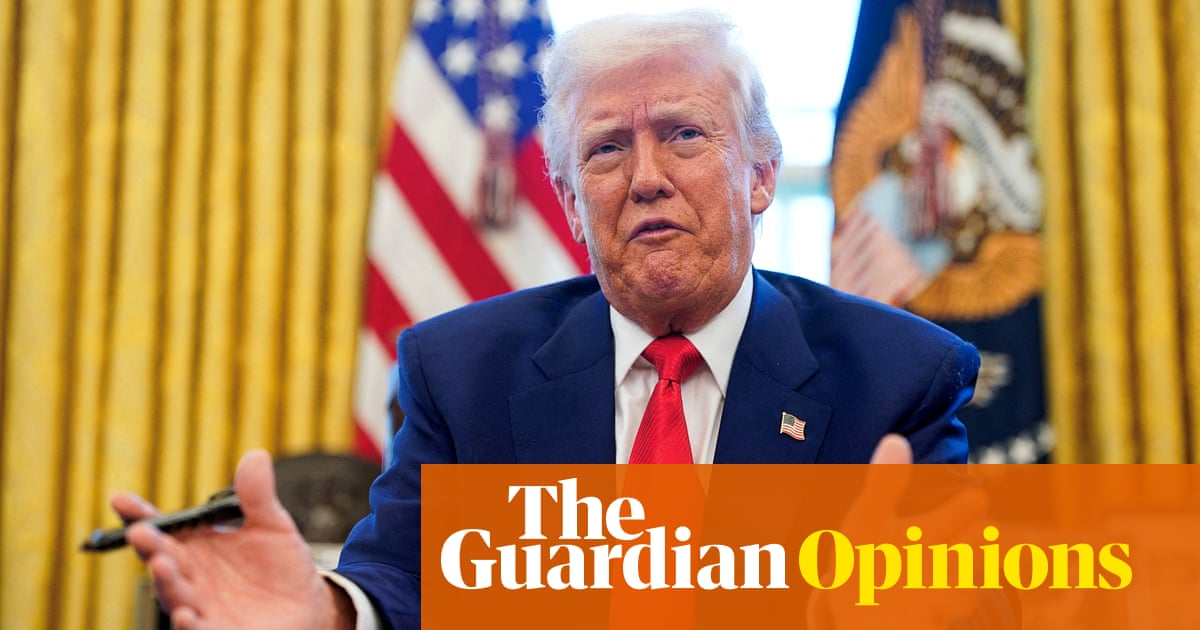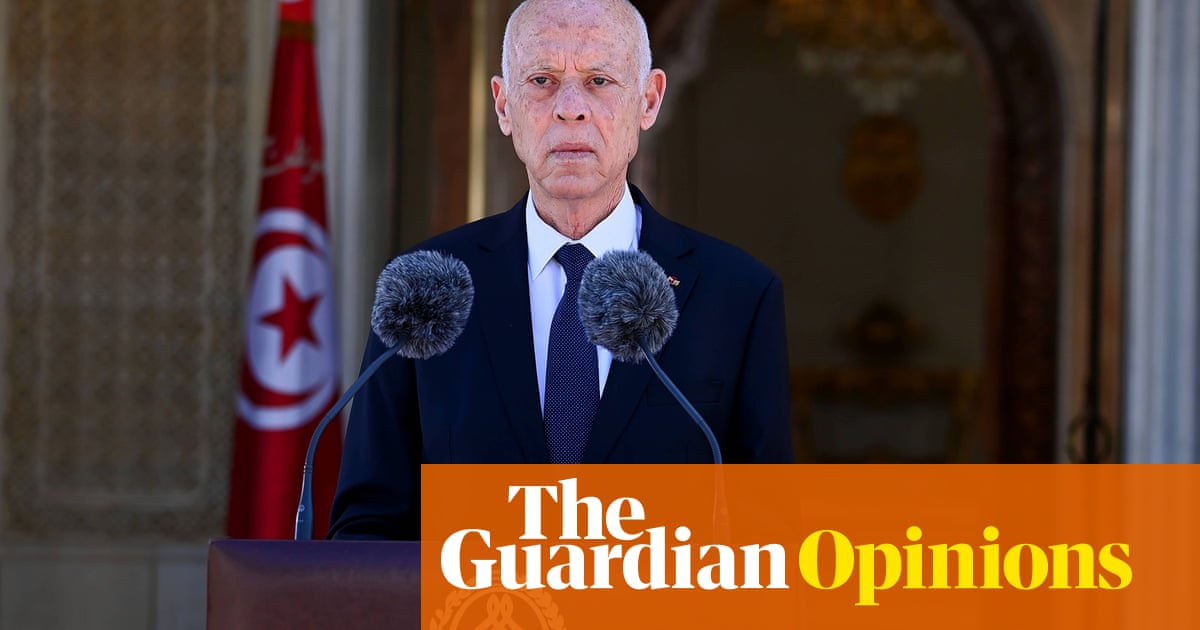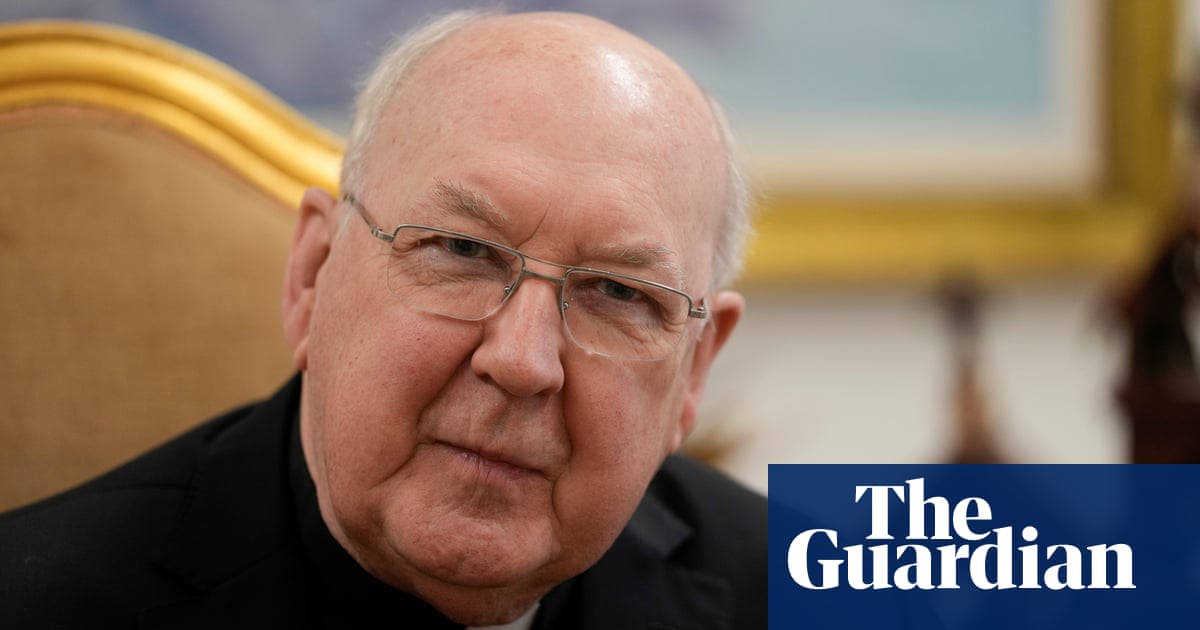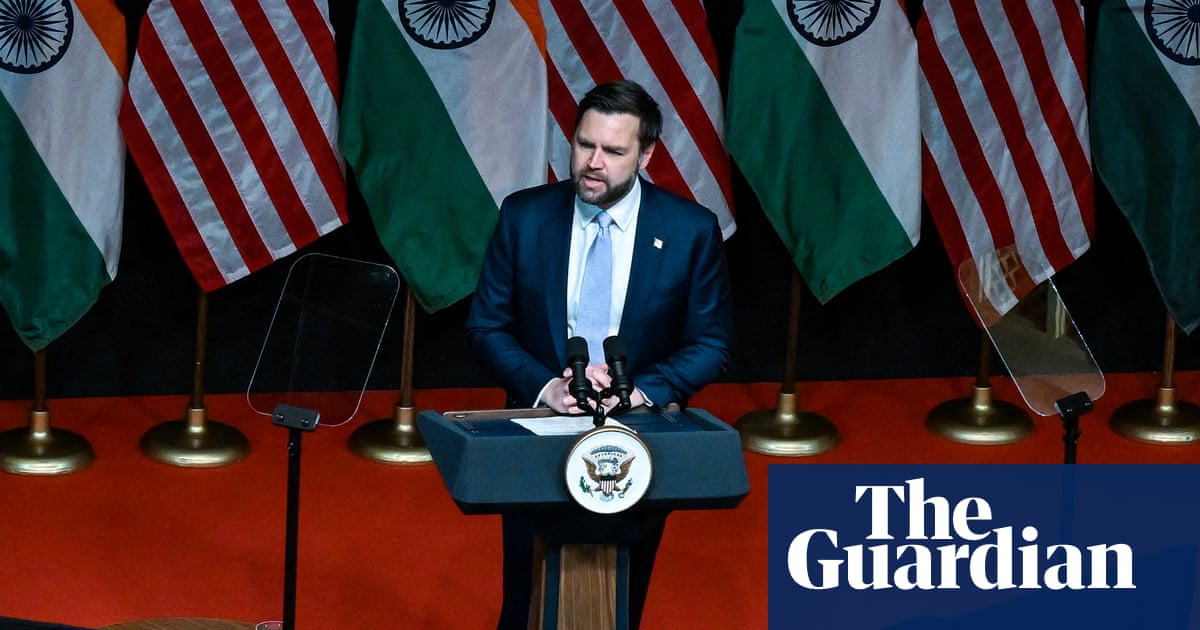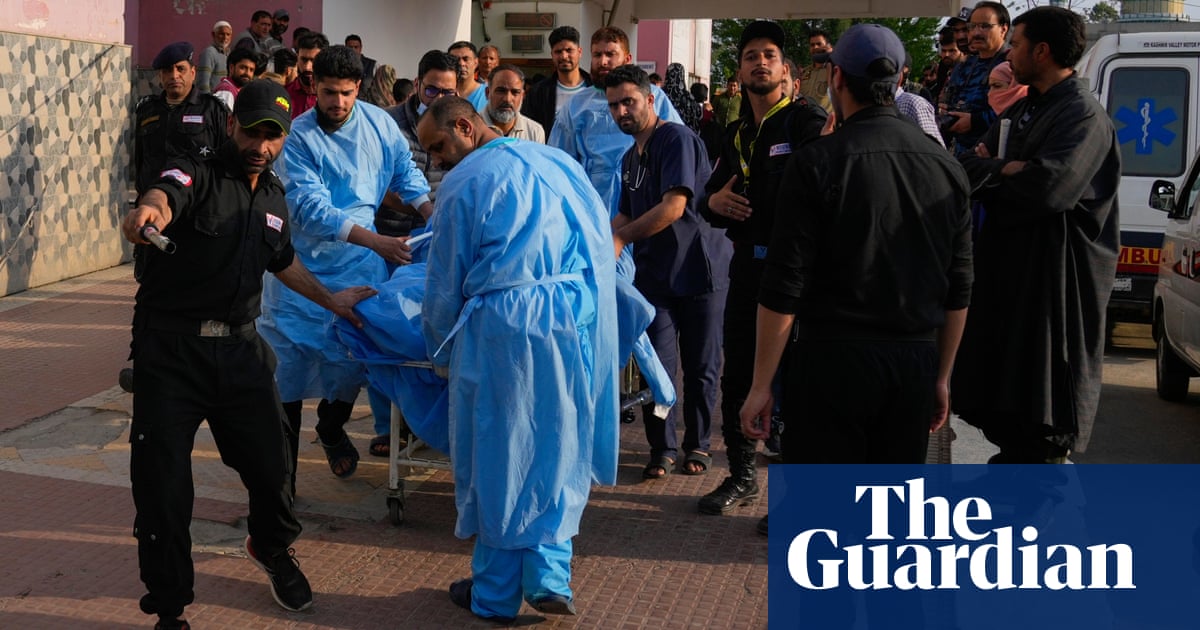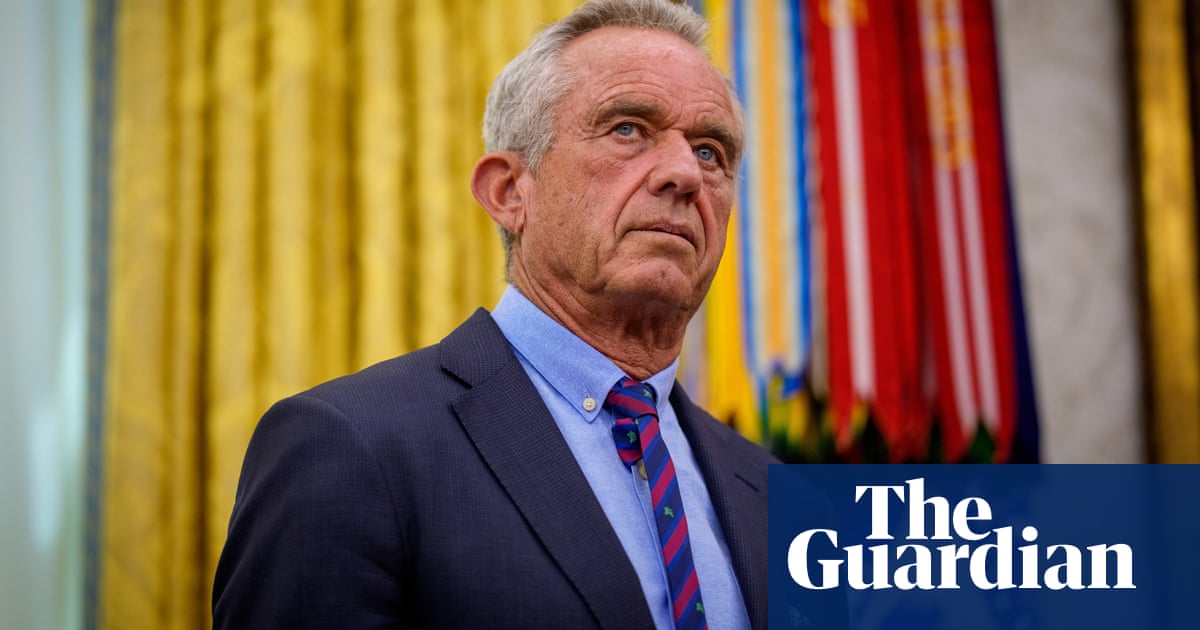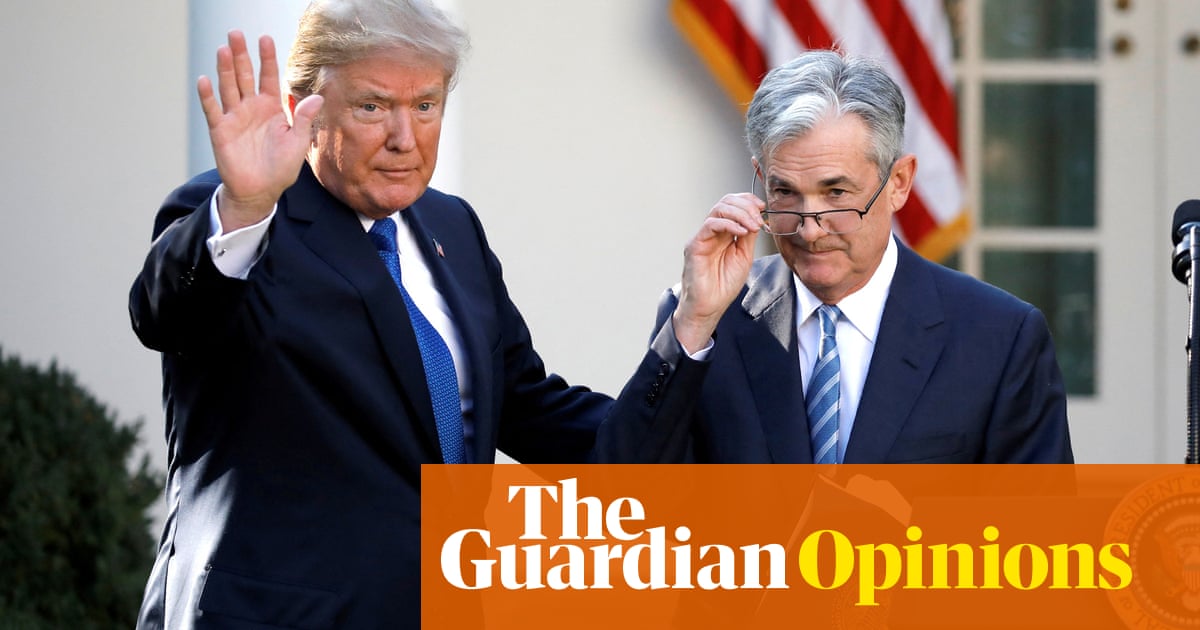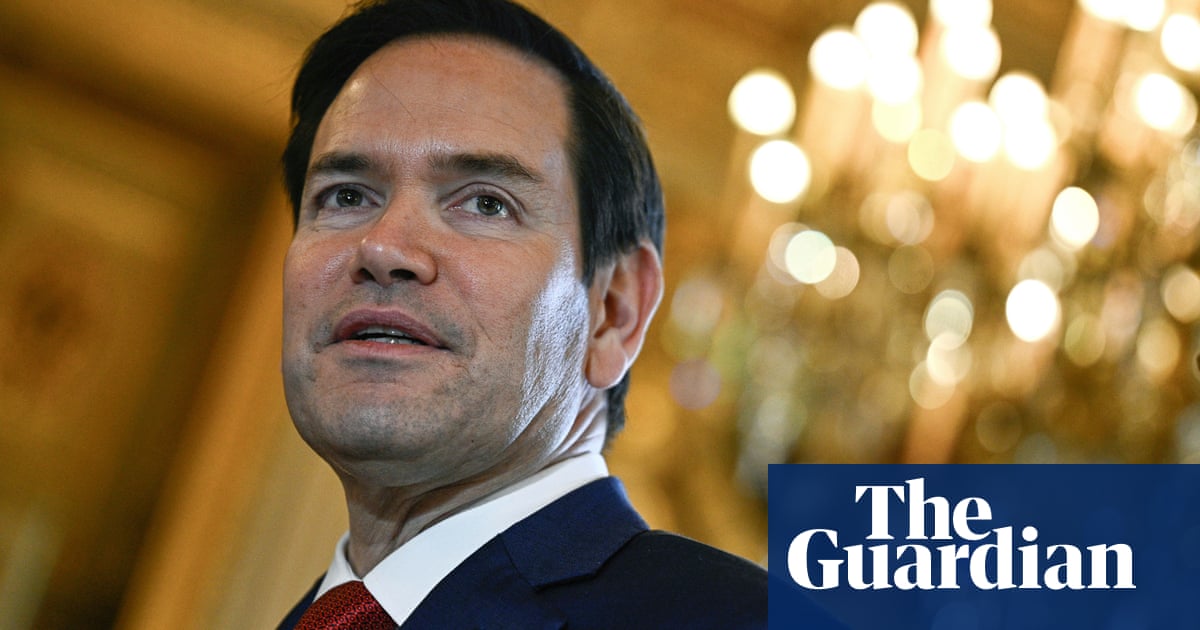The first time he spoke to Pope Francis during the pontiff’s nightly calls to the Holy Family Catholic church in Gaza City, the congregant George Antone, 44, found himself at a loss for words.
It was October 2023, a few weeks after Hamas ignited a devastating war in the Gaza Strip by attacking Israel. The Palestinian territory’s tiny Christian community had taken shelter in the strip’s three churches, but that didn’t mean they were safe. An Israeli airstrike had just hit the Greek Orthodox church, killing 18 people; soon, snipers and bombs would also kill civilians at the Holy Family.
“I was so shy when Father Yousef handed me the phone, and there was his holiness on the screen looking at me. I thought, ‘Am I dreaming, what do I talk to him about?’ He was smiling and sweet, he asked me about what I’d had to eat that day, about my family,” Antone said.
“We spoke about everything. He got to know all of us … Despite everything on his shoulders in this world he cared about us in Gaza. It feels like we have lost our father.”
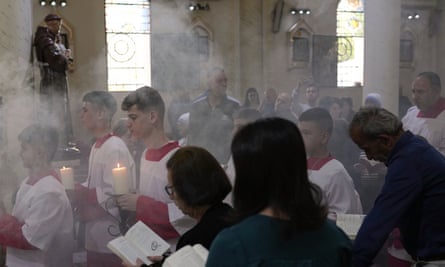
Gaza’s population has endured terrible losses over 18 months of war. Although they never met in person, Francis’s diligent calls every night for a year and a half let the Palestinian territory’s Christian community know they were not forgotten, and his death on Monday has come as a hard blow.
Father Gabriel Romanelli, an Argentinian who has served as the Holy Family parish priest since 2019, said: “Even after he was hospitalised, he continued calling to check on us. Our grief is deep because we lost someone we felt had become a member of our church.”
Francis was a vocal advocate for an end to the war; he used his last public address, from the balcony of St Peter’s Basilica on Easter Sunday, to condemn the “deplorable humanitarian situation” in Gaza and implored Israel and Hamas to “call for a ceasefire, release the hostages and come to the aid of a starving people that aspires to a future of peace”.
The 88-year-old pope called the two priests at the Holy Family as soon as the war broke out to check on the situation and offer the community prayers and counsel. In what became a nightly routine, at 8pm Gaza time sharp, Francis would call – and insisted on speaking to everyone about their hopes and fears, not just the priests, said another congregant, Bahia Ayad, 80.
“He felt our pain and suffering deeply. He told us not to be afraid. He said, ‘I am with you and I will fight for you, I will call for peace and ask everyone to keep you safe,’” she said.
“He told us to take care of ourselves, to be patient, and that the war would end just like all the wars before it.”
Francis made several visits to the Middle East during his 12-year tenure, including the first papal visit to Iraq in 2021, during which he addressed the scars left by religious strife and extremism. On the news of his death, Palestinian, Lebanese and Syrian Christian leaders spoke of his commitment to the plight of the region’s oft-persecuted Christian minority.
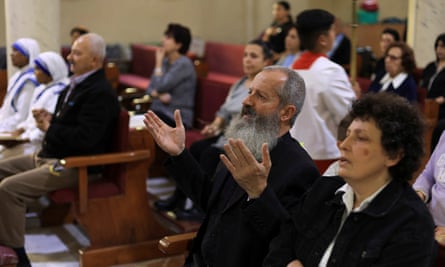
Under his leadership, the Vatican recognised the state of Palestine in 2015. In the war in Gaza, Francis loudly and repeatedly criticised Israel’s actions, and urged for an investigation into whether the conflict amounted to genocide – a charge Israel denies.
Although Francis has gone, the Vatican’s support for the Holy Family continues. The church is currently sheltering about 500 people, both Christian and Muslim, and serves as a base for food, water and medical assistance for thousands of nearby families. Since Israel reimposed a total blockade on Gaza and the collapse of a two-month ceasefire in early March, the strip’s humanitarian crisis has reached unprecedented levels.
The pope’s last call to the Holy Family church was on Saturday evening. It was brief, Romanelli said, as the pontiff was ill and busy with Easter.
For Ayad, Francis’s Easter Sunday address was a poignant final message.
She said: “His last statement, which he made just a day before his death, brought us great joy. When the war resumed, we felt that everyone had abandoned us – Arabs, foreigners, the whole world.
“It made us feel that there are still people standing up for us and calling for an end to the war on Gaza.”

 6 hours ago
4
6 hours ago
4
